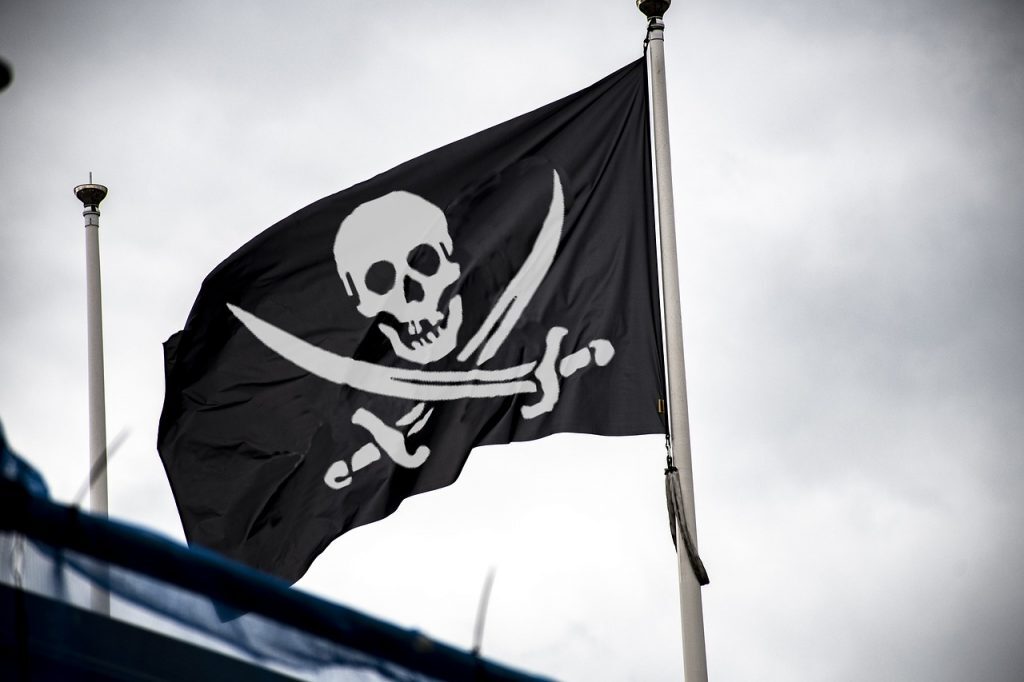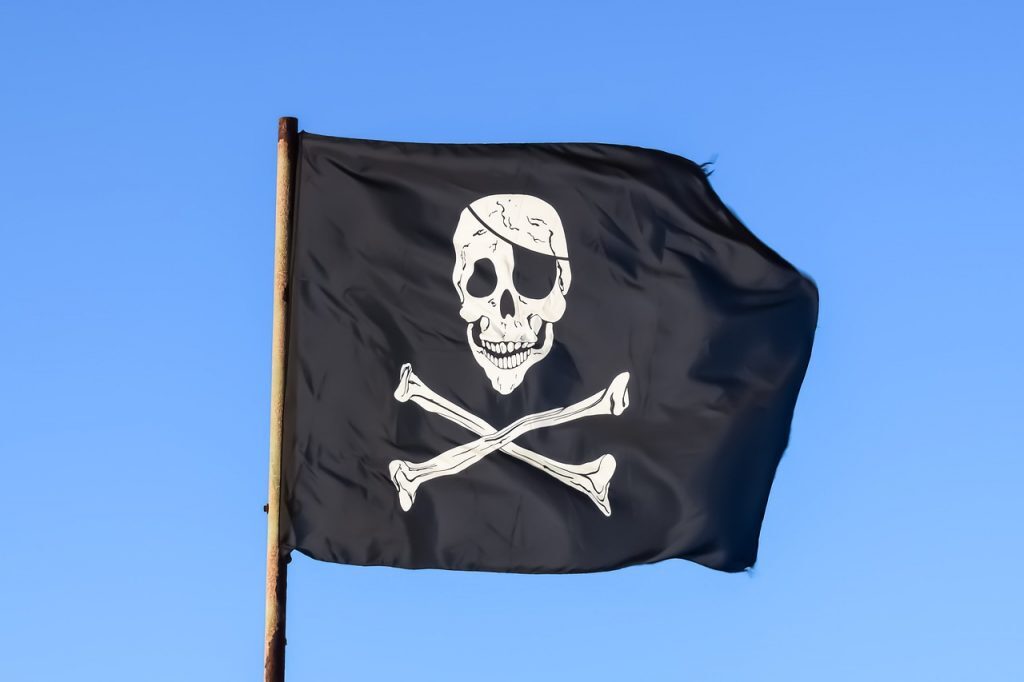Piracy and copyright infringement has been a thing for as long as the internet has been around. Back in the day, it was more about burning discs and passing them around to your friends but now, in an age where file-sharing sites and torrents are more widely available than ever, piracy has become more popular than ever. That’s why the government is fed up with your nonsense! Just buy your music, games and movies like all those people who actually have money do! Oh, you don’t want to listen? Fine, if you’re not going to listen to the room filled with old people in suits then maybe you’ll listen to Telkom. Or whatever ISP you so choose, as they’re being told to clamp down on piracy.
Warez ahoy!
The new legislation being considered places the onus of fighting piracy on the Internet Service Providers we rely on to get online. The government’s draft white paper, titled A New Vision for South Africa 2020 (which is a bold claim) submitted by Minister of Communications and Digital Technologies Stella Ndabeni-Abrahams, “…proposes that legislation impose on ISPs to cooperate with rights -holders and government to police illegal file-sharing or streaming websites”. As of right now, no such laws exist so this white paper draft is essentially trying to change that — which may lead to the sort of ‘three strikes’ system prevalent in the States and other countries.
Basically, the burden on tracking down people hosting pirated material will fall on ISPs as they’re often one of the fastest links to actually tracking down those who indulge in such crimes. “Service providers, producers and performers in developing countries are harmed the most by piracy as they don’t have the economies of scale of international providers or distributors and are heavily reliant on the revenue generated by the sale and the exploitation of their intellectual property rights,” continues the white paper.
While pirating content is never a good idea, because a lot of people work on the series and movies we enjoy and they deserve to make some money too, it does tend to be local creators that suffer most in terms of lost revenue. Still, the thought of our internet constantly be monitored on the off chance we pirate something? That’s pretty dodgy. You can read the whole 158-page white paper draft here if you have some time to kill.
What about the ISPA?
What makes this matter even more interesting is how it might clash with the Internet Service Provider’s Association of South Africa (ISPA) which has a very strict rule that ISPs cannot be forced to monitor or track the usage or traffic of users. Which, if you’ve been paying attention, very clearly clashes with the intention of the SA government’s latest great idea.
This is all under the jurisdiction of the Cybercrimes Bill, which essentially states that if an ISP is made aware of a case of piracy, outside of just monitoring a user, they must report the crime to the police within 72 hours. The draft submitted to government essentially extends that Bill and makes it necessary that ISPs monitor for cases of piracy.
Which is… well, it’s pretty scary that we could be heading into a reality where our Internet Service Providers are forced to track and monitor online traffic. That’s a textbook cyberpunk dystopia right there and with all the wild social media scandals, plagues sweeping across the globe and whatever the hell TikTok is, we think we’re deep enough into dystopia as is. If this sounds sketchy to you, the Bill is currently still a draft and members of the public are able to comment on it before 30 November 2020.





